It’s finally spring. You’re mowing your lawn again and the smell of fresh grass invigorates your tired winter soul. You’re hiking, biking, camping! It’s the most refreshing time of year for every living thing in beautiful British Columbia — right?
Not quite. Behind the birdsong and sunlight, local wildlife enters nesting season, their most vulnerable time of year. And wildlife rehabilitators prepare their exam rooms for their most chaotic time of year: baby season.
Between May and July, many of B.C.’s 23 wildlife hospitals will receive a large portion of their yearly admissions, which can result in up to 50 orphaned, injured or sick wild animals per day at a single hospital.
Wallis Moore Reid, senior rehabilitator at the BC SPCA Wild Animal Rehabilitation Centre in Metchosin, commonly known as Wild ARC, estimates they receive about 70 per cent of their annual admissions during this period.
Last year, about 13 per cent of these summer babies came into care unnecessarily. The reason? They’d been baby-napped.
Moore Reid reflects on a case she responded to in early 2020, when a well-meaning member of the public removed a hummingbird nest full of nestlings and brought it to the centre. The nest had been attached to the grating surrounding an outdoor light. The would-be Good Samaritan noticed that the light was always on and that the mother was not present for several hours, so they assumed that the constant light had caused the mother to abandon her nest. But when the babies arrived at Wild ARC, they were warm, nourished, and alert, with no sign of neglect.
They’d been taken from a perfectly healthy home. The finder simply did not know that after hummingbird chicks hatch, the mother spends most of her time foraging for food and only visits for a few seconds at a time to feed them. Since their surveillance was not continuous, they’d missed her.
“This happens all the time,” says Moore Reid. “We have a code for it: ‘UHI,’ for ‘Unnecessary Human Intervention.’”
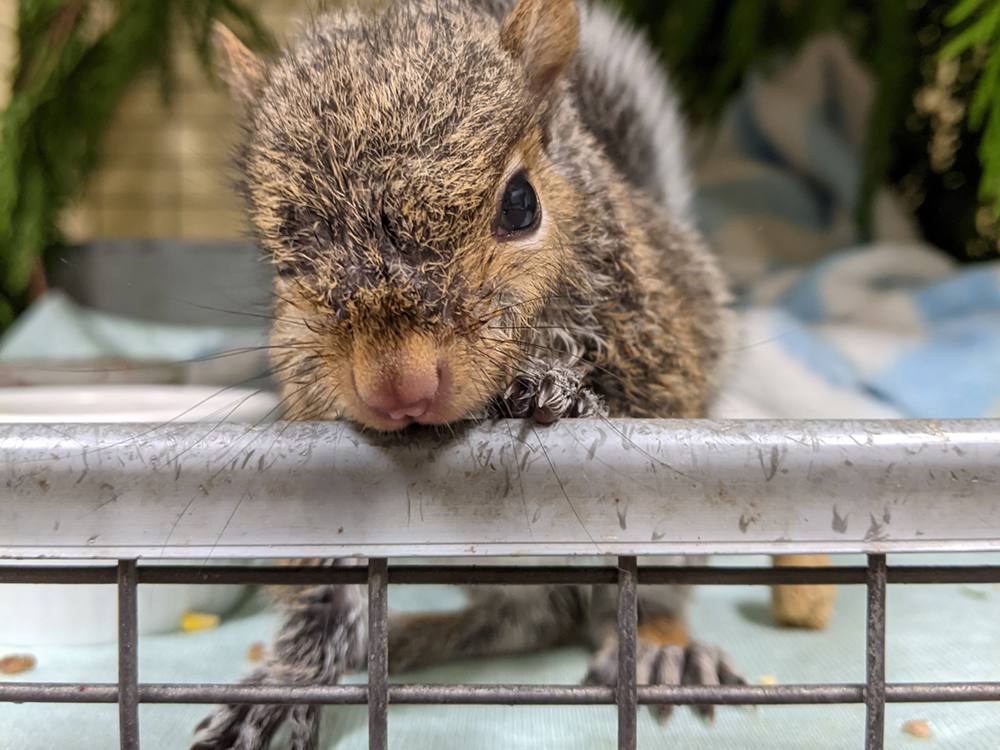
Moore Reid encourages members of the public to phone the centre for advice before considering intervening with a potential orphan, so that a professional can assess the situation and avoid unnecessary “rescues.”
Although wildlife rehabilitators are highly specialized, Moore Reid says, wild animals should still only be cared for by humans when it is truly necessary.
“Ultimately, the care we can provide [to a baby] is nowhere near the quality they would receive from their natural parents,” she says.
Similar to Wild ARC, Wildlife Rescue Association of BC, which is located in Burnaby, fields about 60 per cent of its patients during late spring and early summer. Linda Bakker, co-executive director of the organization, says they see inadvertently kidnapped animals on a daily basis during this period.
She explains a common finder’s response to fledgling songbirds as an example.
“When songbirds leave the nest, they are not immediately able to fly,” she says. “So they’re on their own, hopping around, and people get worried. We work really hard to educate the public on the phone when they call us first to make sure [the fledgling] is actually in need or injured or orphaned before we tell them to bring it in.”
Kidnapped fledgling songbirds are something Moore Reid sees regularly, too. She empathizes with those who worry about grounded fledglings’ safety — it can really look like the bird needs help.
“It is a vulnerable time for them, but it is something that all birds go through,” Moore Reid says. “But an unflighted fledgling on the ground is completely normal.”
“What we’ll recommend the finder do is look for any asymmetry such as drooping wings or a leg off to the side in an abnormal position, or signs of bleeding, or if the bird is lying on their back, or if they are lethargic and not responding to stimulation,” says Moore Reid.
“Those are signs that a fledgling is in distress and we would recommend intervening and bringing it to Wild ARC. But if they’re bright, alert, symmetrical, and are fully feathered, we recommend leaving that bird where it is.”
Besides putting stress on the animal, kidnapping also often requires rehabilitators to perform a complicated and often lengthy reuniting process between the baby and parent during the hospital’s busiest season.
Taking a nest down may damage it so much that it becomes necessary for rehabilitators to build an alternative nest to return the babies in. Then, they will artificially secure the nest back to its original location, and observe from a distance until the parents return.
If the babies were kidnapped when they were no longer in the nest, the reuniting process is more tedious: the area must be scouted for predators, then the baby placed on the ground at or very near its original location. Parents feed grounded fledglings much less often than nestlings, because they do not want to attract attention to the baby on the ground by frequently flying down to them. So the rehabilitators may have to observe upwards of an hour and a half, while ensuring they are far enough away that the parents do not view them as predators.
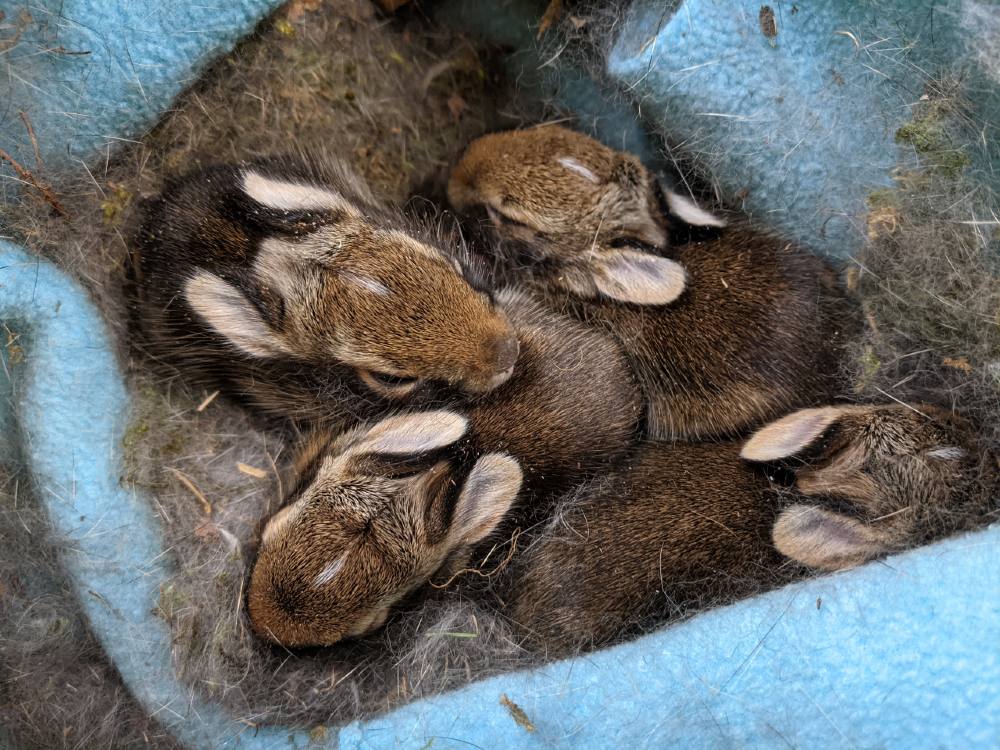
Besides not immediately assuming that an animal is orphaned, both Moore Reid and Bakker have tips on what the public can do during this upcoming baby season to protect vulnerable wild mums and babies.
Wildlife Rescue admits almost exclusively birds and bats, and Bakker says that pruning and tree-falling cause a significant number of the hospital’s orphans. Someone will cut a branch or tree not realizing there is a nest in it, and sometimes will transport the tree several kilometres before discovering the nest at all.
To head this problem off at the pass, Bakker suggests finishing yard maintenance in January, before the spring begins.
Pet owners, she says, should also keep their cats indoors or on a leash. Cats are simply following their instincts in predating birds and nests, Bakker says, but they bring prey home as gifts and don’t need them for their nourishment.
As Wild ARC admits both birds and small mammals, Moore Reid had a few other notes to add.
Deer fawns sleeping alone for up to 12 hours is normal, she says, as the mother “parks” the fawn to sleep while she forages. But deer fawns crying for a prolonged period of time or approaching humans is abnormal — this may mean the mother has not returned.
Raccoon and squirrel mums build secondary nests to relocate their babies if the first nest is compromised. A baby alone in the middle of the sidewalk may not be orphaned, but might have been dropped in transit. It should be placed in a warm, open container very close to its original site, and left alone for six to 12 hours to be retrieved by its mother.
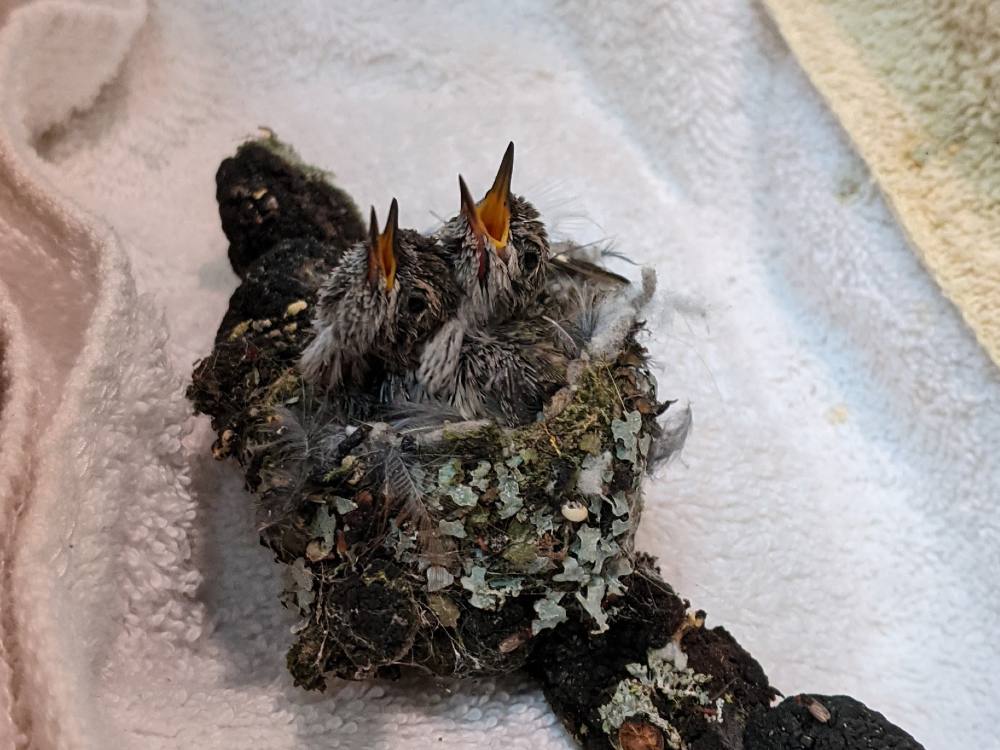
And there’s an easy way to spot an eastern cottontail rabbit nest before it meets the tragic fate of a lawn mower, Moore Reid says: the mother covers her babies with stray pieces of grass, which will be darker or more faded than the rest of the lawn. If you find a nest on your actively used lawn, Moore Reid suggests covering the nest with an inverted, weighed-down laundry basket during the day to protect it, and removing the basket from dusk to dawn so that the mother can access the babies for feeding.
In all cases, Moore Reid and Bakker say, the only way to be sure of the appropriate steps to take is to call and confirm with a local rehabilitator. Feeding, watering or keeping an orphan, for any reason, is harmful to the animal — and, Bakker adds, illegal.
In the case of the stolen nestling hummingbirds in 2020, Moore Reid says they were successfully reunited with their mum. Fortunately, reuniting them was as simple as can be: the original nest was still intact, so rehabilitators safely reattached it to the original location. They retreated to a respectful distance to observe, and within a few moments, the watchful mum was at the nest, ready to feed her babies. A few weeks later the finder reported healthy, perching fledglings.
To find your local wildlife rehabilitator, consult the Wildlife Rehabilitators Network of British Columbia’s list of wildlife hospitals in B.C. ![]()
Read more: Environment




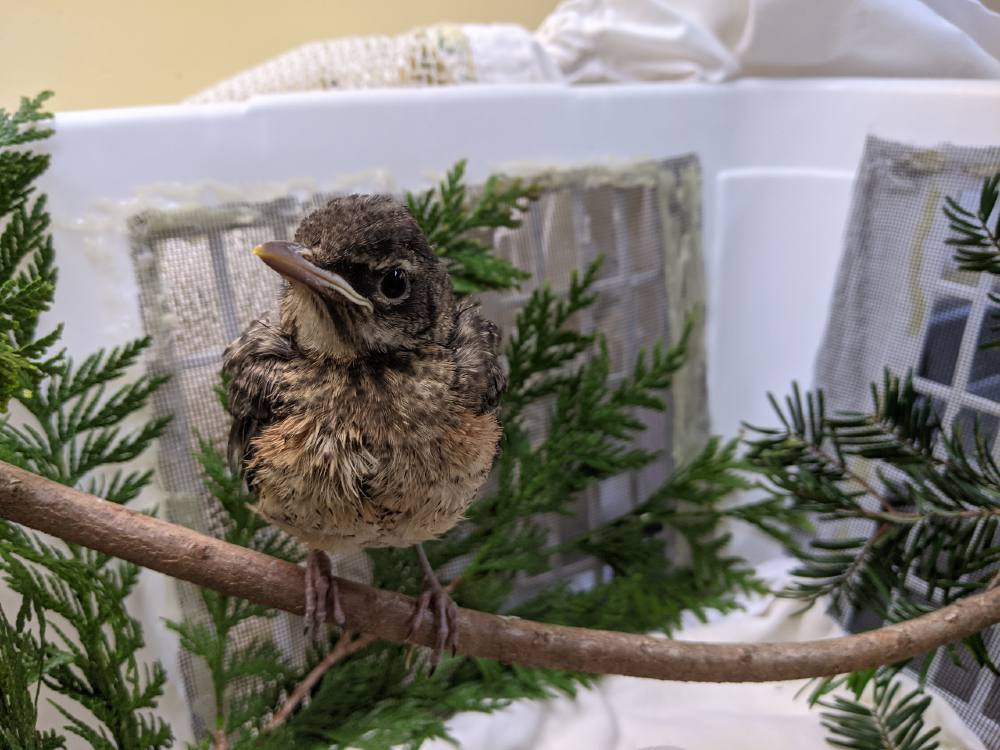
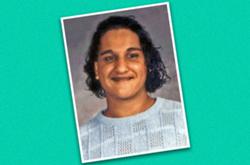


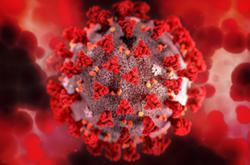

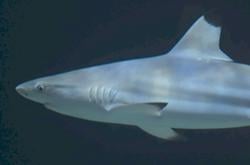
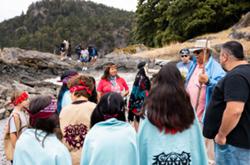
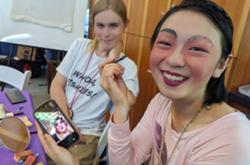
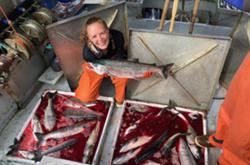

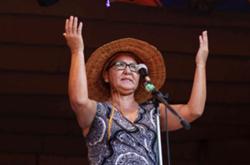
Tyee Commenting Guidelines
Comments that violate guidelines risk being deleted, and violations may result in a temporary or permanent user ban. Maintain the spirit of good conversation to stay in the discussion.
*Please note The Tyee is not a forum for spreading misinformation about COVID-19, denying its existence or minimizing its risk to public health.
Do:
Do not: